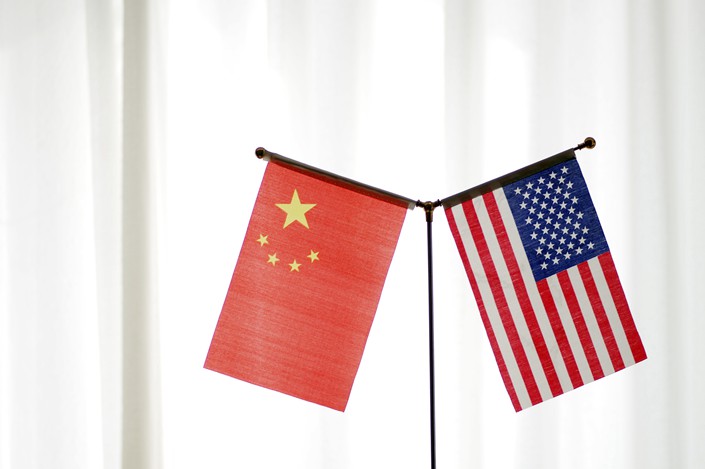
Joe Biden is increasingly concerned about China’s invasion of Taiwan. Ukraine would then be relegated to the background.
This may be the most important war of our time and one to which the conflict in Ukraine will turn out to be a prelude. On Thursday July 28, Biden is scheduled to hold telephone talks with Xi Jinping for the first time in four months. According to Washington, the danger of a Chinese invasion of Taiwan is increasing, hence the timing of such talks.
The immediate cause of the crisis is the planned visit to the island by House of Representatives Speaker Nancy Pelosi, America’s second-most important politician. Such a high-ranking U.S. representative has not visited for a quarter of a century, but back then Newt Gingrich, unlike Pelosi, came from a different political background than the president. The White House is so concerned with the situation that it’s quietly urging Pelosi to change her plans. So far, unsuccessfully.
However, there is a more serious problem behind this diplomatic game. Xi, who is the first leader of the country since Mao Zedong to be nominated for a third term at the upcoming 20th National Congress of the Communist Party of China, is desperately seeking new ways to legitimize his power. For the past four decades, the country has seen a remarkable increase in living standards, but the latter have stopped at more or less the level of Belarus. Western countries, having learned the lessons from the pandemic, want to shorten supply chains. The globalization that benefited China so much will not remain as it used to be. And the U.S., which hoped that a China increasingly integrated into the world economy would follow in the footsteps of South Korea and Taiwan on the path to democracy, is increasingly separating itself from Beijing by a tariff barrier.
In this situation, the temptation for Xi to go the nationalist way is growing. It’s in conquest that he would find justification for authoritarian power. He started with strict subjugation of Hong Kong, and now he is looking more and more toward Taiwan. His decision largely depends on the evolution of the war in eastern Europe. If he concludes that, despite all the failures, Vladimir Putin has ultimately succeeded, he may follow in his footsteps.
It would be a disaster for the world because this time the U.S. could get directly involved in this war. Because if it didn’t, the damage would be huge: the collapse of the credibility of the American network of alliances in Asia, which has so far held back Chinese power.

Leave a Reply
You must be logged in to post a comment.